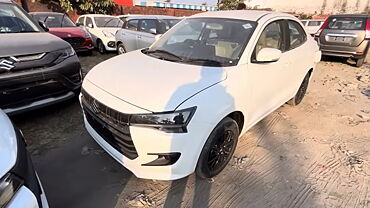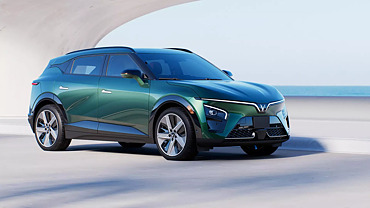
January 30 was when the power ministry notified new energy consumption standards for passenger vehicles running on petrol, diesel, LPG and CNG under the Energy Conservation Act, 2001. The deadline was set for 2017, but in a surprise move, the power ministry has said that it will be bringing forward the deadline to 2016. The ministry for road and transport has objected, citing that that isn't enough time for the relevant parties to adjust to the new deadline.
Vishnu Mathur, director-general of SIAM, has stated that "It takes time to make changes like in engines, body and so on. On average, it takes about five years, which would mean 2019. But we have already accepted a reduction in time and companies have already started working on 2017, which had previously been agreed on." A deadline of 2016 means that manufacturers will have less than two years to get their average emissions to 129.8g/km of carbon dioxide for vehicles manufactured from 2016 and 113g/km for vehicles manufactured from 2022 onwards.
The car manufacturers have the engine technology ready and can put it on sale in a matter of months, but the two areas that will need to change drastically are the consumer's perception of price, because that will make the cars' retail prices spike, and that of the fuel quality. The petroleum ministry has already said that it will not upgrade to BS five fuel norms because of the cost involved, so it seems a little immature of the different arms of the government to give the car manufacturing industry such diametrically opposite indications.
We agree with the ministry of road and transport in this instance: the Indian consumer is already a difficult proposition, and any change in engine parameters needs a full year of testing, so asking a manufacturer to have a ready-to-sell engine that is quite advanced over today's engines in less than two years is probably asking for too much.
Also read: Upgrading to BS5 norms will require an Rs 80,000 crore investment from oil companies

































